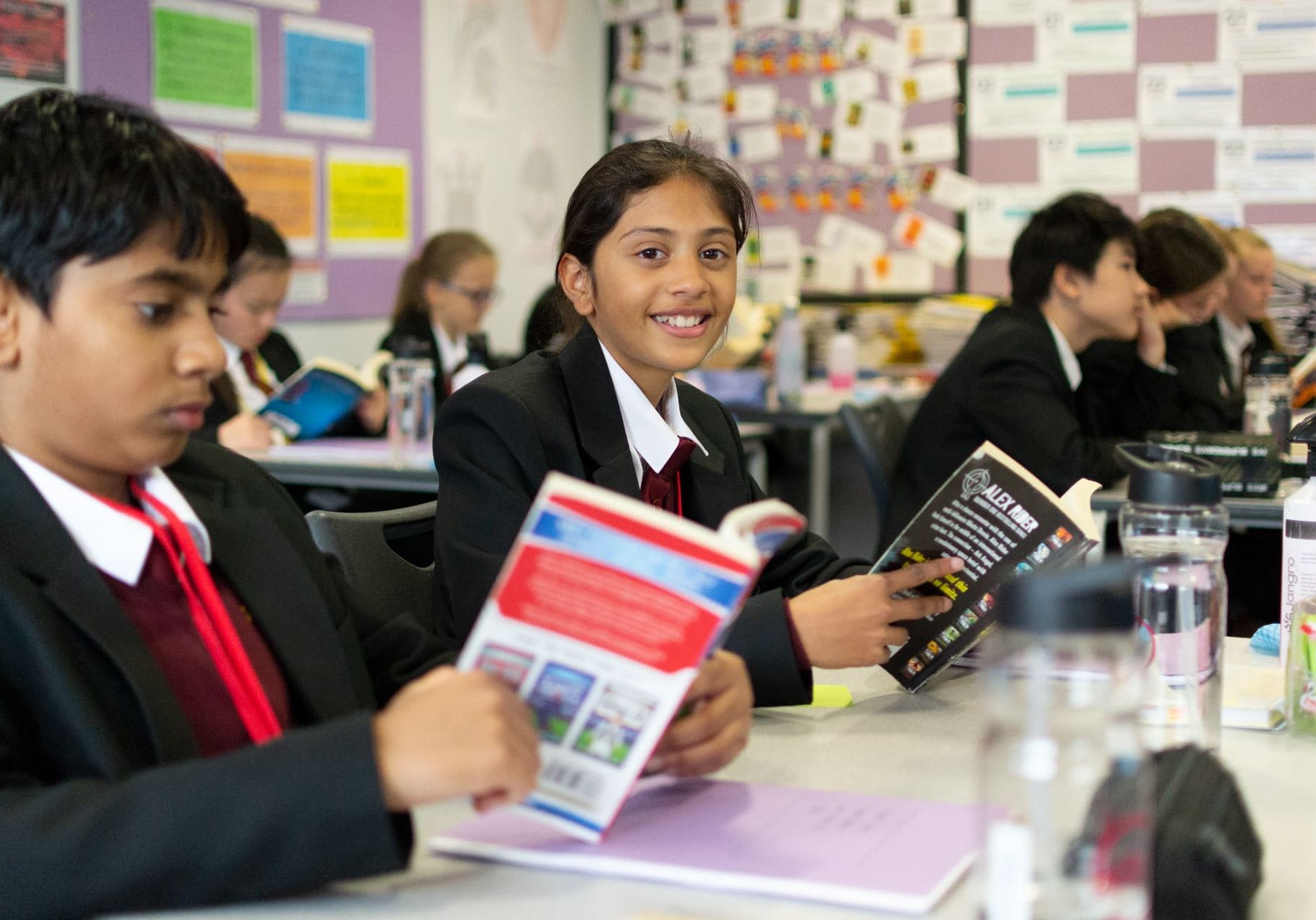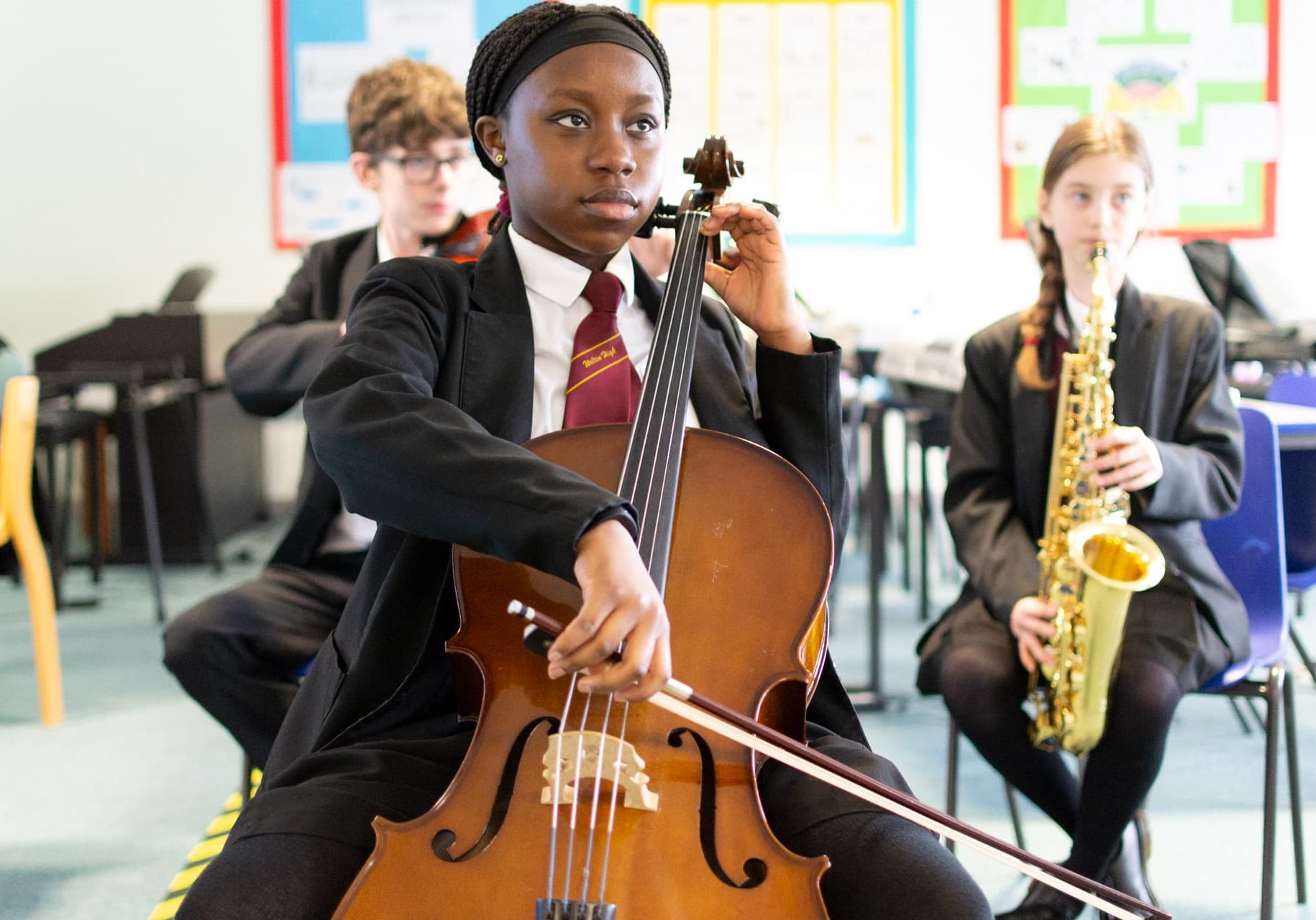Schools
International
Business & Enterprise
Linked Documents
Economics
Economics provides students with a sound understanding of their own personal finances, as well as an understanding of the circumstances of a range of different economies. It explores ways in which governments attempt to manage the economy and the impact of such policies. Economics is, therefore, a subject that will be extremely rewarding to students with an active interest in current affairs, finance and national or global political issues.
 What will students study? (from September 2016)
What will students study? (from September 2016)
- Introduction to economics – scarce resources, opportunity cost, factors of production and understanding the main economic groups, e.g. consumers, producers and the government
- The role of markets– different sectors (primary, secondary, tertiary), supply and demand, how markets determine price and allocation of resources, price elasticity, the role of monopoly, oligopoly and competition, productivity, economies of scale and how wages are determined
- The role of money and financial markets – the role and importance of the financial sector, different rates of interest in an economy and their impact on saving, borrowing and investment
- The role of government – economic growth, GCP, types of employment and unemployment including how it is measured, the causes and consequences, distribution of income and inflation, the use of a number of government policies, e.g. fiscal and monetary, market failure
- International trade and the global economy – the balance of payments, exchange rates, free trade, the EU and globalisation
How is the course assessed?
2 exams
Paper 1: How markets work (50% of GCSE)
Paper 2: How the economy works (50% of GCSE)
Each paper will consist of two sections:
Section A: 10 multiple choice questions followed by a range of calculation, short and extended response questions.
Section B: five questions involving a mix of calculations, short and extended responses.
Legacy Course
In this course, students develop their understanding of Economics. This is part of a three year course. There are two units, these are, Personal Economics and Investigating economics issues.
In Unit 11, students will study key topics which are:
• Money
• Work
• The National and Global Economy
In Unit 12, students will study topics which are:
• Managing the Economy
• Current Economic Issues
Assessment
The course is assessed with the two written terminal exam papers.
Unit 11 Personal Economics – Written Paper 50% of the final marks- 1 ¼ hours
Unit 12 Investigating Economic Issues – Written Paper 50% of the final marks – 1 ¼ hours





